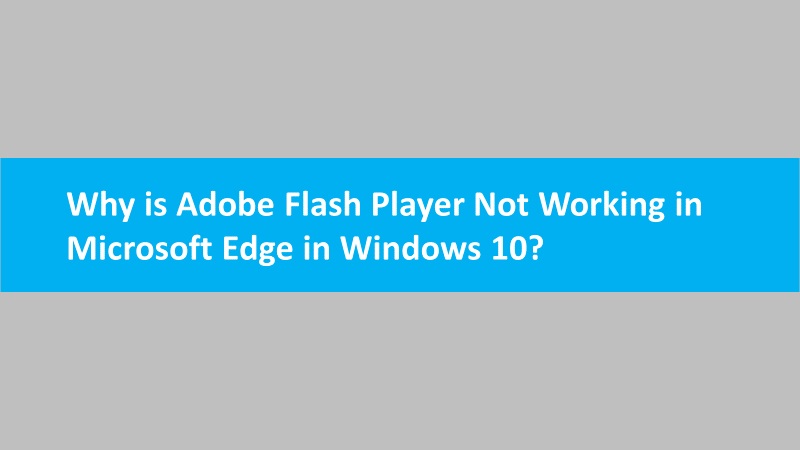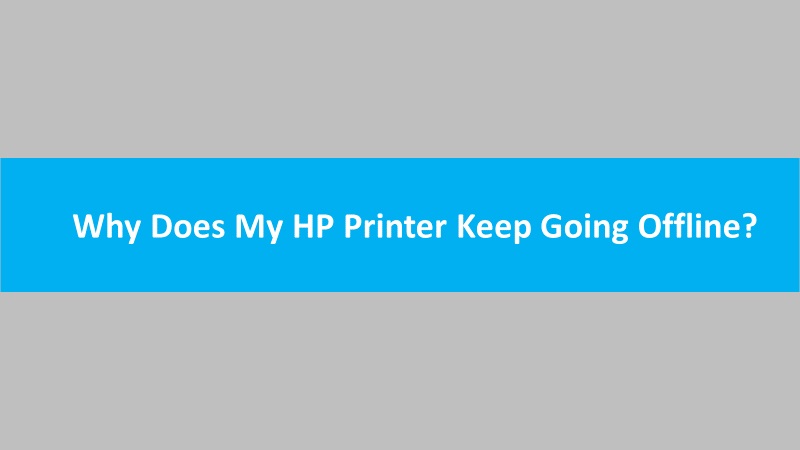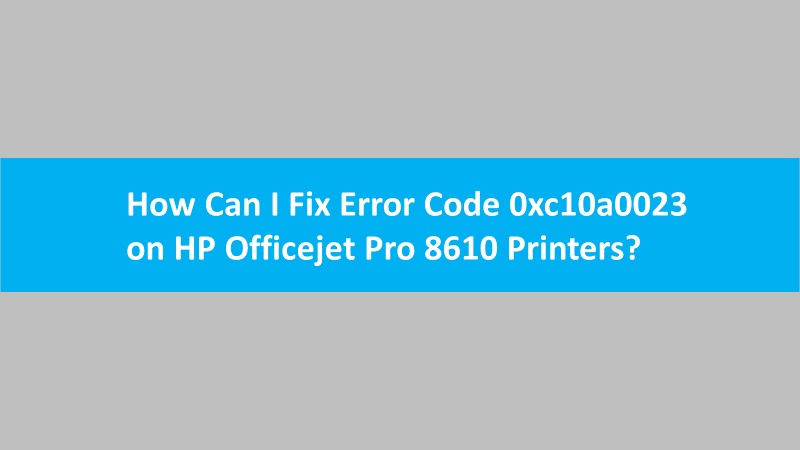Internet Explorer, a dominant browser, has faced criticism over the years, particularly when it comes to security. One perplexing issue that has puzzled many users that- why some windows with active content not blocked in Internet Explorer. To understand this, we need to delve into the intricacies of how the browser handles active content.
Reasons behind Windows with active content not blocked in Internet Explorer
- Compatibility Mode: Internet Explorer has a feature called “Compatibility Mode” that allows it to emulate older versions of the browser to ensure compatibility with legacy websites. When this mode activated, certain security features, including blocking active content, may be less stringent to avoid breaking functionality on older websites.
- Security Zones: Internet Explorer divides websites into different security zones, such as the Internet, Local Intranet, Trusted Sites, and Restricted Sites. Each zone has its own security settings. Active content might be blocked or allowed based on the zone a website belongs to. For instance, sites in the Trusted Sites zone have more relaxed security settings, allowing active content to run without restrictions.
- User Preferences: Users can customize the browser’s settings. They can adjust security settings, including those related to active content, to either block or allow it. Some users may intentionally lower their browser’s security settings for specific websites they trust, allowing active content to run.
- Security Updates: Internet Explorer’s security features evolve with updates and patches. Older versions of the browser may have less robust security measures compared to the latest iterations. Using an outdated version of Internet Explorer leads to some active content not being blocked.
- Website Compatibility: Some websites are designed with specific technologies or dependencies that require active content to function properly. In such cases, Internet Explorer may not block this content to maintain website functionality.
- Add-ons and Extensions: Third-party add-ons and extensions can influence how Internet Explorer handles active content. Certain add-ons might override default security settings, allowing active content to run unchecked.
In conclusion
The behavior of Internet Explorer in blocking or allowing active content depends on a combination of factors, including compatibility modes, security zones, user preferences, browser versions, website design, and third-party add-ons. As Internet Explorer now largely obsolete. So, users need to migrate to modern, more secure web browsers like Chrome, Firefox, or Microsoft Edge. These browsers offer better security and compatibility with current web standards.
Read more: How to block pop-up windows or ads on HP computers?



